RS Components Debuts New Arduino Uno Wi-Fi Board
RS Components recently launched a new version of its entry-level Arduino Uno Wi-Fi board for Internet of Things (IoT) projects. Its Arduino Uno WiFi Rev2 boasts additional computing power, enhanced wireless security, and more.
New RS Components Entry-level Arduino Uno WiFi Rev2 Board for IoT Projects Released
![]()
The second iteration of the massively popular RS Components Arduino Uno Wi-Fi board brings a bevy of updates. Notably, there's an improved 8-bit ATmega4809 microprocessor from Microchip with 256 bytes of EEPROM and 6KB SRAM. There's onboard Wi-Fi, and an Inertial Measurement Unit (IMU) sensor. An IMU sensor measures angular rate, specific force or g-force, and may monitor magnet fields.
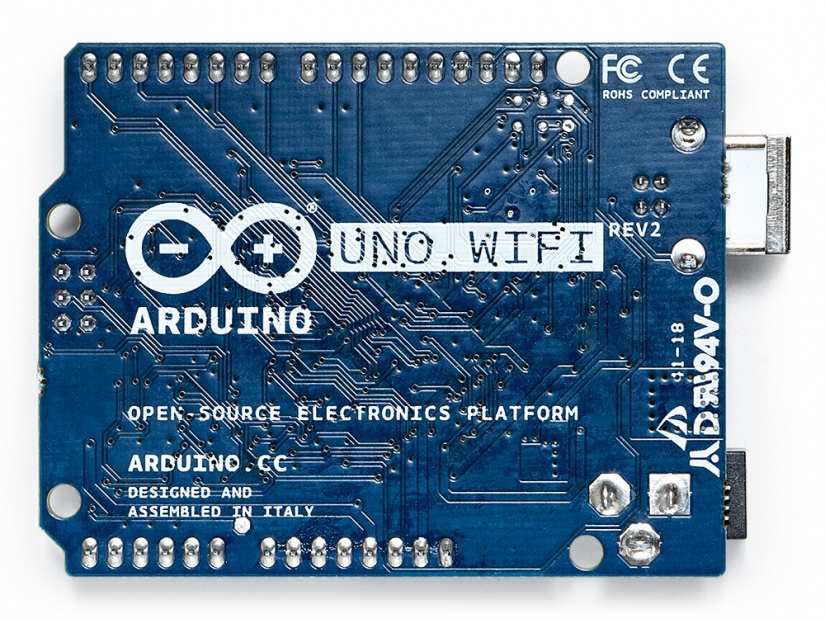
Since it's an IoT device, wireless remains a key feature. Its system on a chip (SoC) module touts a TCP/IP protocol stack and the board may serve as an Internet access device. Because of the ECC608 crypto-chip accelerator, the Arduino Uno WiFi Rev2 board benefits from improved security.
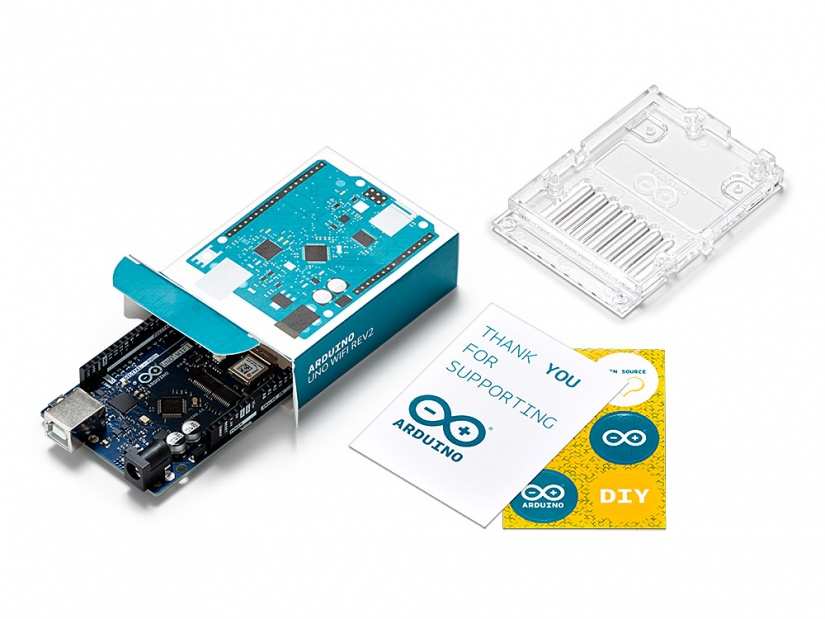
You'll find 14 different digital input/output (I/O) pins, with six available as pulse width modulation (PWM) outputs, and six as analog inputs. There's also a USB port, ICSP header, power/reset buttons, and a 16MHz ceramic resonator. Power comes via a battery or AC/DC. With over-the-air (OTA) support, you can update firmware and transfer programs, also known as sketches, wirelessly.
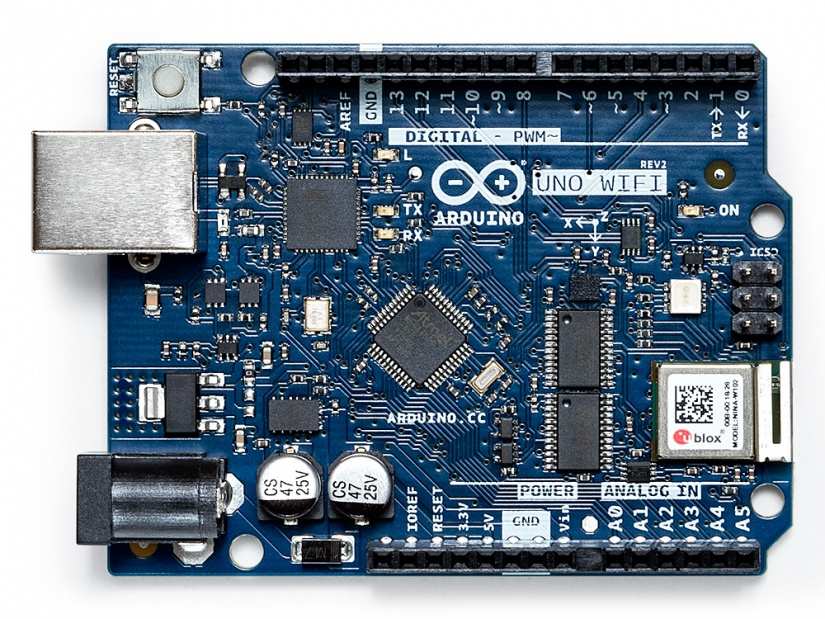
While certain elements received a welcome overhaul, some components remain the same. Notably, the Arduino Uno Rev2 comes in the same 68.6 x 53.4mm size as its predecessor. If you've yet to snag an Arduino, or even if you have, the Arduino Uno Rev2 IoT board from RS Components is an excellent pickup. It's an awesome microcontroller capable of beginner experiments like blinking an LED to building an Arduino keyboard synth.
Specs:
- 68.6 x 53.4mm form factor
- 8-bit ATmega4809 microprocessor from Microchip
- 256 bytes of EEPROM
- 6KB SRAM
- Inertial Measurement Unit (IMU) sensor
- Onboard Wi-Fi
- 14 I/O pins
- USB port
- ICSP header
- Power/reset buttons
- 16MHz ceramic resonator
- AC/DC or battery power
- OTA support



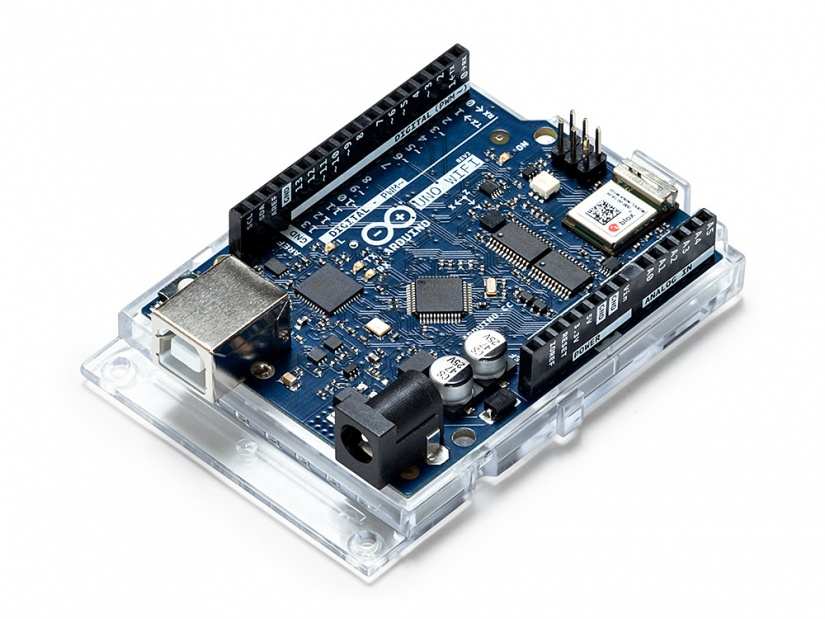




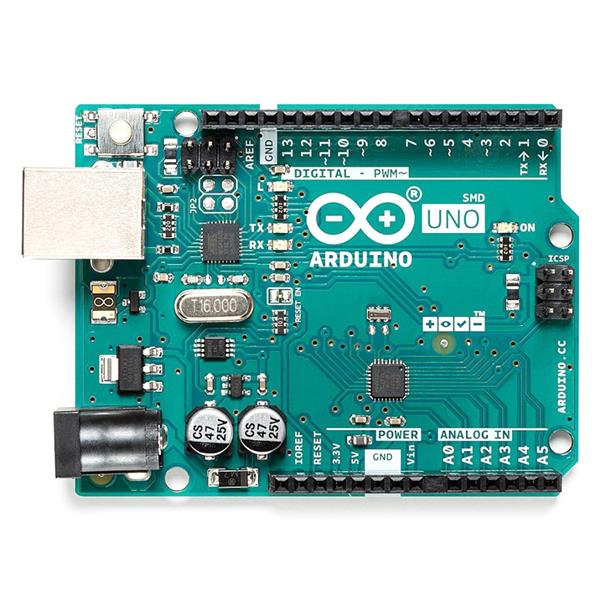

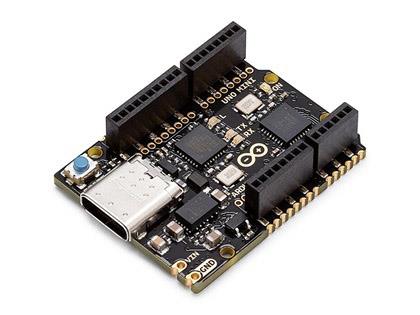



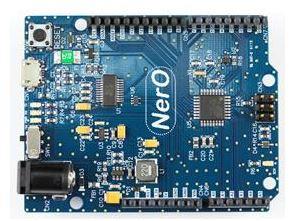
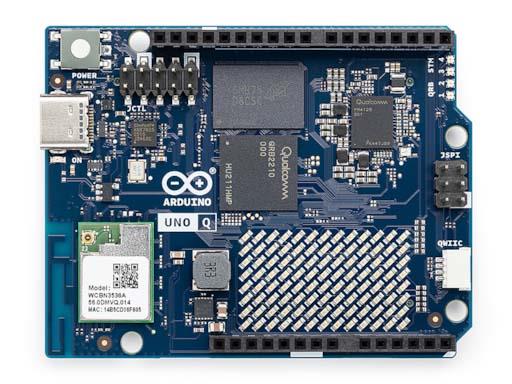
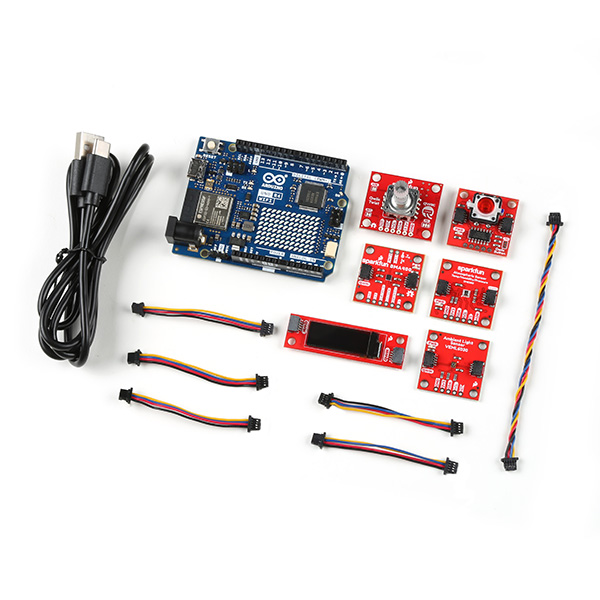
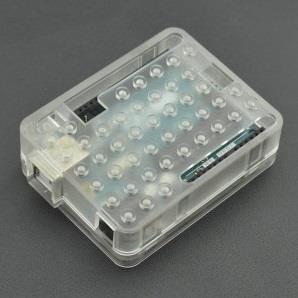

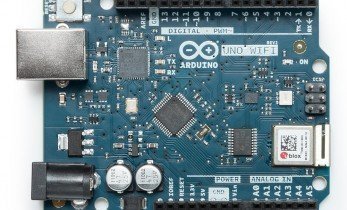

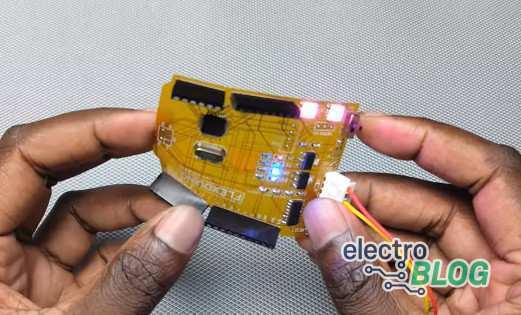
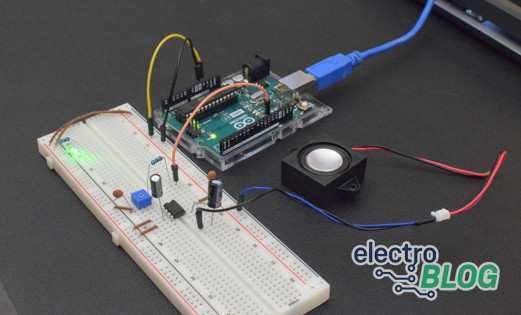
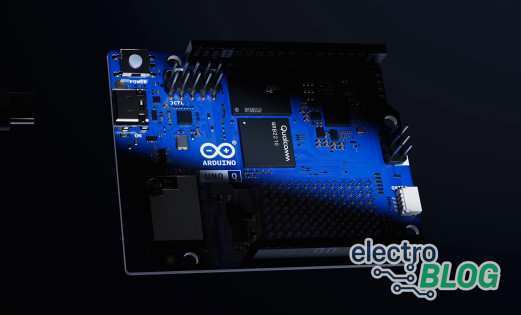
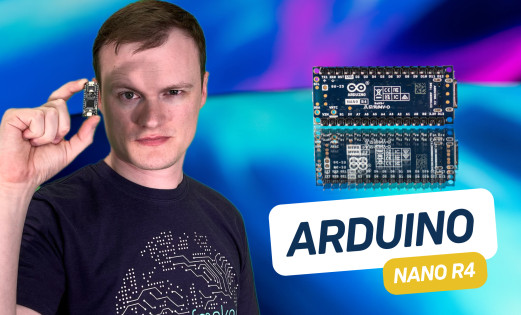
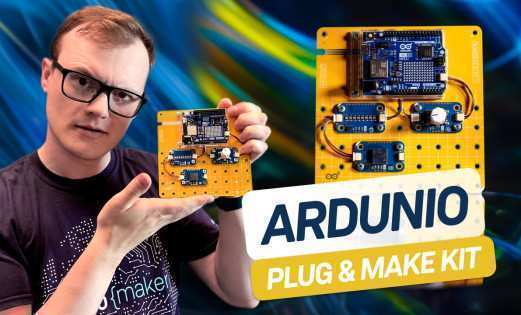
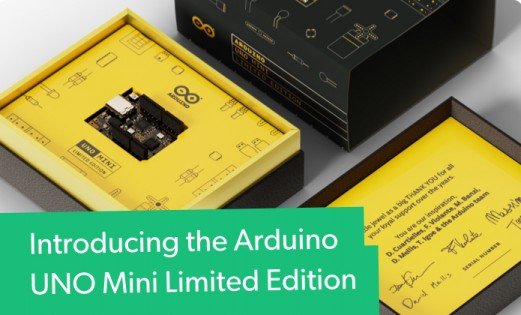
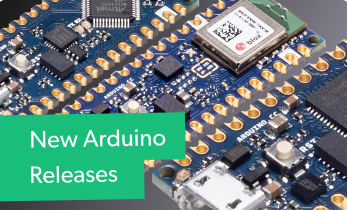
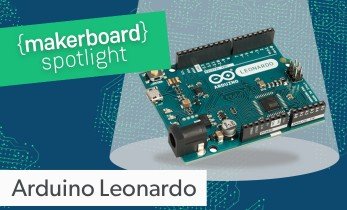
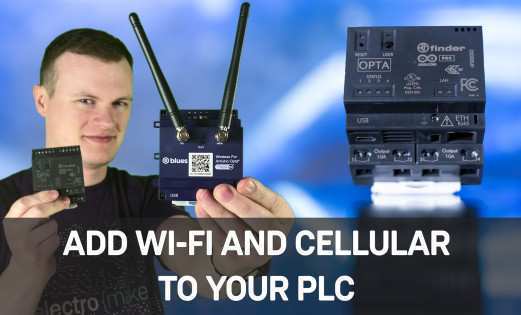
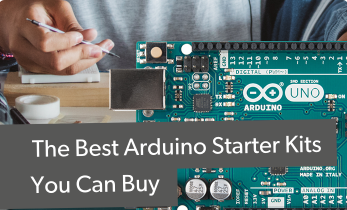
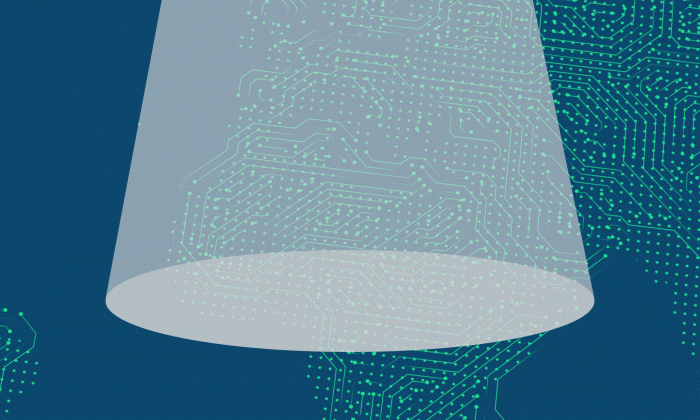
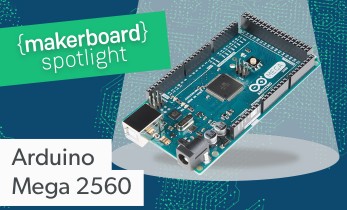

Leave your feedback...